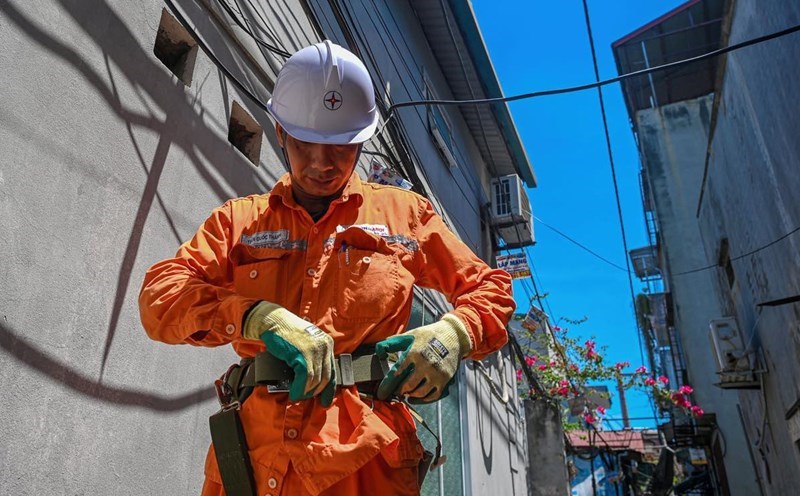When the skin speaks out: 4 symptoms to be vigilant
The skin not only reflects external beauty but is also a mirror reflecting internal health. With diabetes, many changes in the skin appear very early, signaling that blood sugar is out of control.
One of the common symptoms is dry skin and itching. According to the US Centers for Disease Control and Prevention (CDC), high blood sugar causes the body to lose water quickly, leading to tight, dry, and easily irritated skin. In addition, poor blood circulation and nerve damage reduce sweat gland activity, causing cracked skin and difficulty self-healing.
In addition, the appearance of dark, thick and smooth patches of skin such as velvet on the neck, armpits or groin is a typical sign of black spurs (acanthosis nigricans). These patches of skin are often associated with insulin resistance, says Dr Vidushi Jain, a dermatologist at SkinQure Clinic, India. They are not directly dangerous but are a strong warning that you need to check your blood sugar level immediately".
Another common symptom is a slow-healing cut or ulcer. High blood sugar damages the nerves, making the patient feel less of a small wound, and weakens blood circulation. According to JPRAS Open Journal, this hinders the supply of necessary oxygen and nutrients, making wounds susceptible to infection and difficult to recover.
Finally, numbness or tingling in the hands and feet is a manifestation of diabetic neuropathy. According to the National Institute of Diabetes, Gastroenterology and kidney disease (USA), prolonged high sugar intake harms the nerves, especially in the quadriceps, leading to a burning pain or numbness. This is a dangerous long-term complication that needs to be detected early to prevent permanent damage.
Listen to your skin to protect your health
Experts say that paying attention to small changes in the skin can help patients detect diabetes earlier, thereby preventing many dangerous complications.
The skin is often the place that sends the first signals of a health condition, emphasizes Dr. Vidushi Jain. If you notice unusual changes, especially dark skin, prolonged dryness and itching, or a long-term wound, you need to go to a medical facility to check your blood sugar.
Diabetes is currently on the rise rapidly globally, with women being the group most susceptible to skin and nerve complications. Therefore, maintaining healthy living habits, controlling diet and having regular health check-ups are essential measures to protect both health and beauty.






